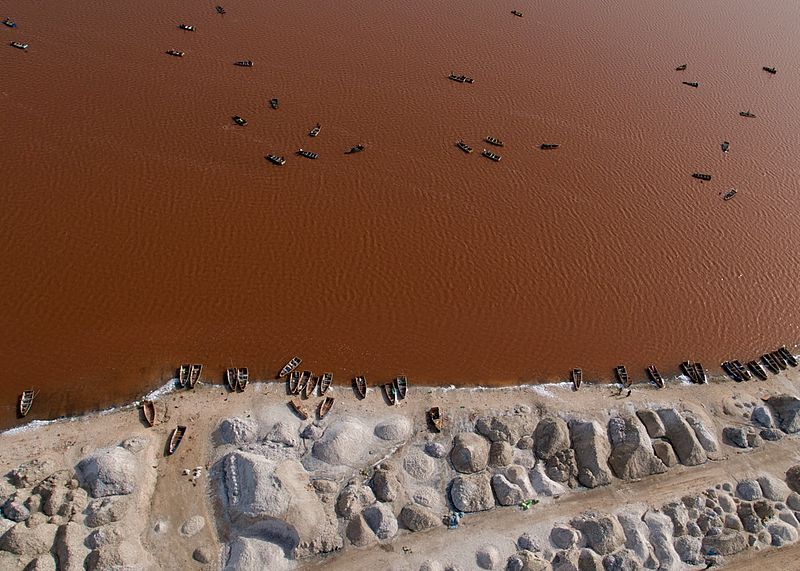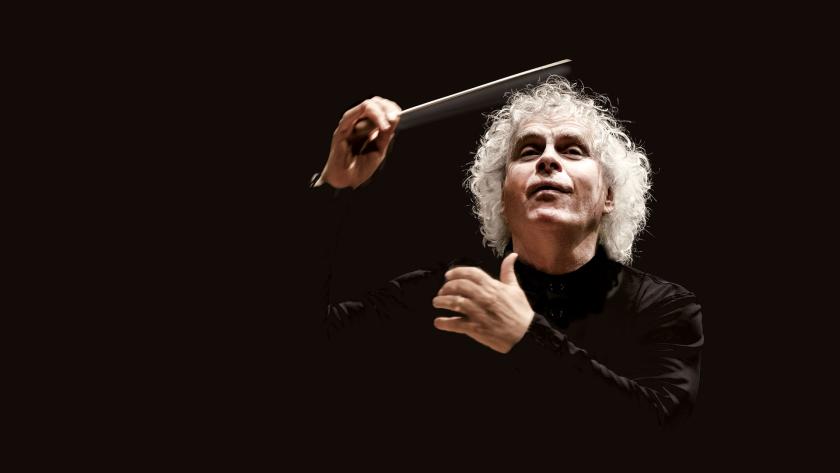Why would any conductor resist Mahler's last great symphonic adventure? By which I mean the vast finale of his Tenth Symphony, realised in full by Deryck Cooke, and not the first-movement Adagio, fully scored (unlike most of the rest) by the composer and puritanically regarded as the end of the line by supposed Mahlerians. Not Simon Rattle. Ever since his Bournemouth recording of 1980, he has kept faith with Cooke's noble venture to fill out an entire symphonic structure of unassailable conviction, and to judge from this visceral yet painstakingly articulated LSO performance, he feels it ever more deeply with the passing years.
Quite apart from the concentration which linked the last three movements and thrust home the connections, there was an even bigger context last night: the upward-surging intervals, heartleaps, call them what you will, of the great reconciliation with life and love also punctuate The Rose Lake, the last big statement by Michael Tippett (to be accurate, the intervals are of a seventh and finally a twelfth in Mahler’s finale, a ninth in the Tippett). Completing the work at the age of 88, Tippett had been inspired by the faint pink of Senegal’s Lake Retba (pictured below) nearly three years earlier.
Do the kaleidoscopic sounds of this mosaical enigma conjure “lake” in your mind? Probably not, any more than Messiaen’s Des canyons aux étoiles suggests “wide open spaces” (of earth, at least; sky, in the later movements, is another matter). What’s important is that the natural phenomenon was clearly a source of inspiration to a composer whose imaginative focus didn’t fail him right at the end. Eventually there are the familiar, muscly string unisons against high brass fanfares, before that a multitude of instrumental combinations never before conceived, much enhanced in places by the visual spectacle of two percussionists running the gamut of 38 rototom drums. Horns curve romantic, ornamented melismas in an individual homage to the start of Wagner’s Das Rheingold; multiple string lines dream and gleam. Where’s the progress, the dramatic picture, other than in contrasts? It doesn’t really matter when a sound-master like Rattle pays attention to each exquisite sound and his LSO play as carefully as they did last night.  You expect more of a sense of onward drama than Mahler delivers in the surprisingly stop-start argument of his opening Adagio. Rattle compensated with a careful sense of underlying drive, though it has to be said that the richly-vibratoed projection he encouraged from his violins and the thick harmonies beneath made the best possible argument for the new hall he so badly wants; the Barbican gives no air around the sound. The listener’s concentration could never lapse in two very different scherzos which Mahler would have shaped more purposefully had he lived to hone them; the gist of headlong love of life in one and a dance with death in the other was inexorably vivid.
You expect more of a sense of onward drama than Mahler delivers in the surprisingly stop-start argument of his opening Adagio. Rattle compensated with a careful sense of underlying drive, though it has to be said that the richly-vibratoed projection he encouraged from his violins and the thick harmonies beneath made the best possible argument for the new hall he so badly wants; the Barbican gives no air around the sound. The listener’s concentration could never lapse in two very different scherzos which Mahler would have shaped more purposefully had he lived to hone them; the gist of headlong love of life in one and a dance with death in the other was inexorably vivid.
With a break and a tune-up after the first of them, Rattle made it clear that from the quirky, eerie little “Purgatorio” through the "Totentanz" to the massive argument of the finale was going to be one big, through-composed drama. Which certainly made me think more about how much of what’s gone before the ultimate struggle is transformed (not “Purgatorio” in the central treading on hot coals).
Though it may not have been the first horn’s best night, this was the ultimate demonstration of other LSO players'’ tonal genius – Gareth Davies finding supernatural mystery in the heartbreaking flute solo, David Elton ringing out the apocalypse-now of the trumpet, to name but two. It was judicious to share out some of the woodwind solos between the Tippett and the Mahler. And Rattle’s trademark dynamic range matched up – not always the case with him – with the concentrated shape, in stasis and sweep, of the whole, which he knows well enough to conduct without a score; who could not be deeply moved by this? Interestingly, it was that dynamic leader Roman Simovic who seemed most shaken up at the end. There’s definitely a new commitment to musical expression here which we haven't always had during Rattle's Berlin Philharmonic tenure. Don’t miss the LSO’s second performance of the Ninth on Thursday. And you can see as well as hear this performance thanks to the orchestra's live stream facility for months to come.















Add comment